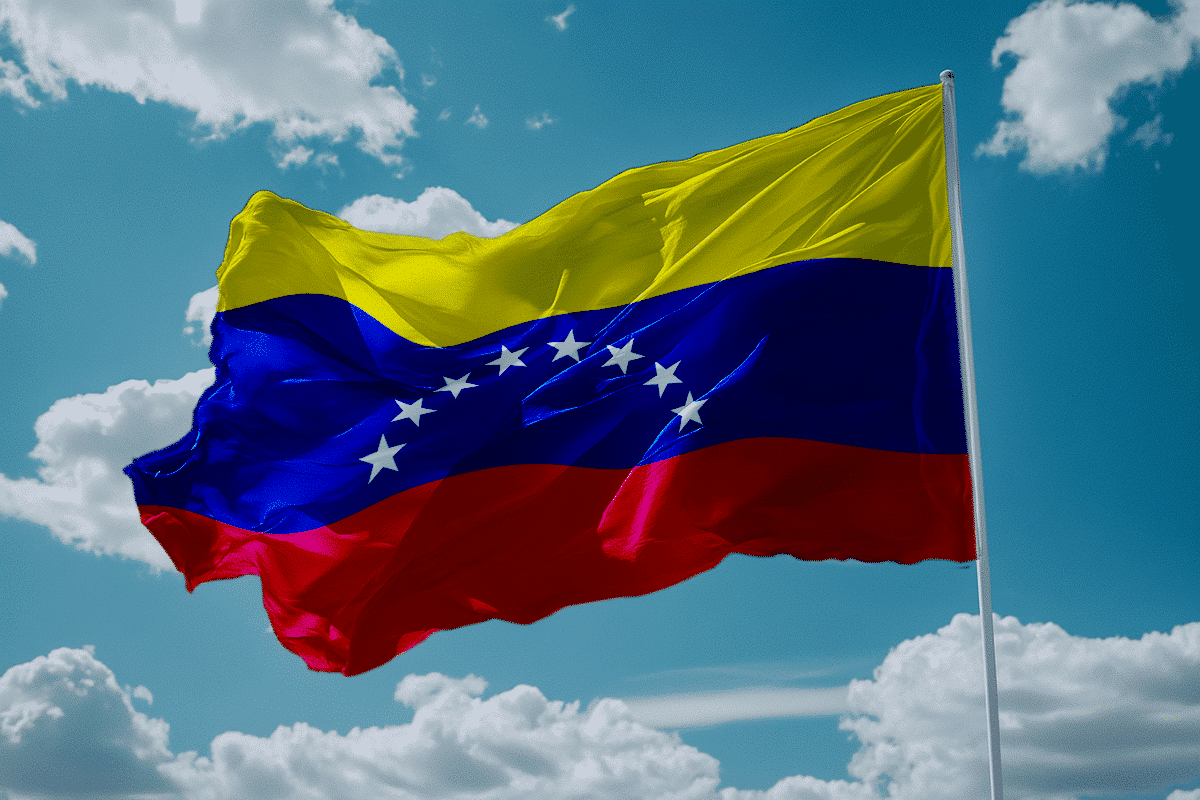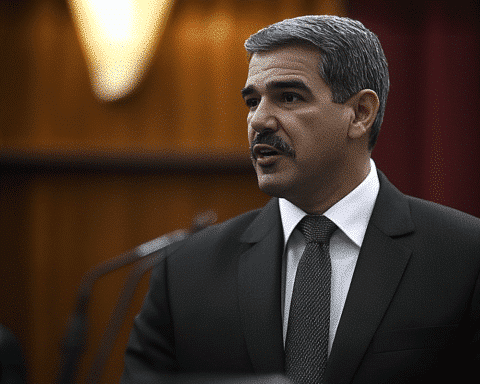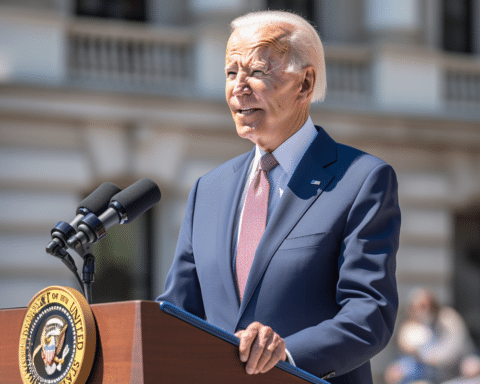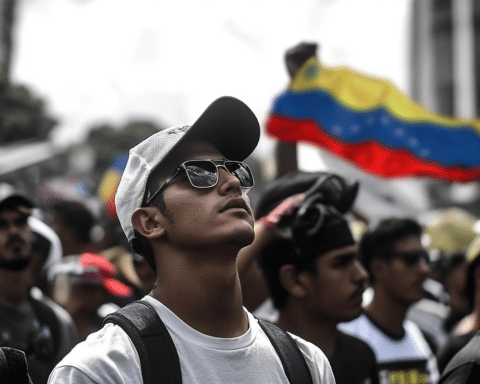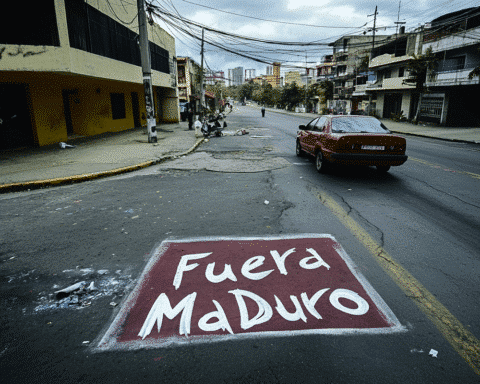Venezuela, one of Latin America’s most urbanized nations, is currently grappling with severe political, economic, and social challenges. Known for its vast natural resources, including some of the world’s largest proven oil deposits, as well as significant quantities of coal, iron ore, bauxite, and gold, Venezuela once enjoyed prominence as a leading oil exporter. However, recent decades have been marked by significant economic mismanagement and political instability.
Former President Hugo Chavez, who led Venezuela from 1999 until his death in 2013, invested heavily in social programs using the nation’s oil wealth. His presidency was characterized by ambitious social and economic reforms aimed at reducing poverty. However, the economic management during and after his tenure has led to a severe crisis. Under the administration of his successor, Nicolas Maduro, Venezuela has faced plummeting oil prices, rampant inflation, severe shortages of basic goods, high unemployment rates, and rising crime. The resulting economic and political instability has pushed approximately seven million Venezuelans to seek refuge abroad.
Nicolas Maduro, who assumed the presidency in March 2013 following Chavez’s death, has been in office amidst a backdrop of mounting national crises. In July 2024, Maduro was declared the winner of the presidential election by the government-controlled National Electoral Council (CNE). This marked his third consecutive term in office. However, the election results were heavily contested. The opposition, led by candidate Edmundo González, claimed victory, arguing that the CNE’s results were fraudulent. The opposition’s claims have been supported by international observers, including the European Union and the United States. US Secretary of State Antony Blinken pointed to “overwhelming evidence” suggesting González won the election. The situation has led to widespread protests across Venezuela and other Latin American countries, with thousands taking to the streets to challenge the election results. The government has responded by detaining over 2,000 individuals, some accused of terrorism.
Venezuela’s media landscape mirrors its political polarization. State television frequently disregards the opposition, while critical and exile media operate predominantly online. The country’s journalists face threats and violence, leading many to flee. Social media has become a battleground for competing narratives between the government and its critics.
In addition to its domestic issues, Venezuela is engaged in a prolonged border dispute with neighboring Guyana over the Essequibo region. This oil-rich territory, which has been administered by Guyana and its predecessor British Guiana since 1899, remains a contentious point between the two countries. Recent developments have seen the International Court of Justice (ICJ) rejecting Venezuela’s objections to its jurisdiction over the dispute and proceeding with a ruling. Venezuelans have overwhelmingly supported their country’s claim to Essequibo in a referendum, endorsing the creation of a new Venezuelan state in the contested area.
Historically, Venezuela’s political landscape has been shaped by periods of significant change. After Spanish colonization began in 1521, the country declared its independence in 1810. It later seceded from Gran Colombia in 1829-30. The early 20th century saw Venezuela become the world’s largest oil exporter under dictator Juan Vicente Gomez. The 1989 economic depression led to riots and political turmoil, while the 1998 election of Hugo Chavez marked the start of the ‘Bolivarian Revolution’. Despite various reforms and economic shifts, Venezuela’s recent history has been marked by profound instability and crisis.
As of 2024, Venezuela remains in a state of near-collapse, with its future uncertain amidst ongoing economic struggles, political disputes, and international scrutiny. The country’s trajectory will likely be influenced by its ability to navigate these complex challenges and address both domestic and international concerns.
